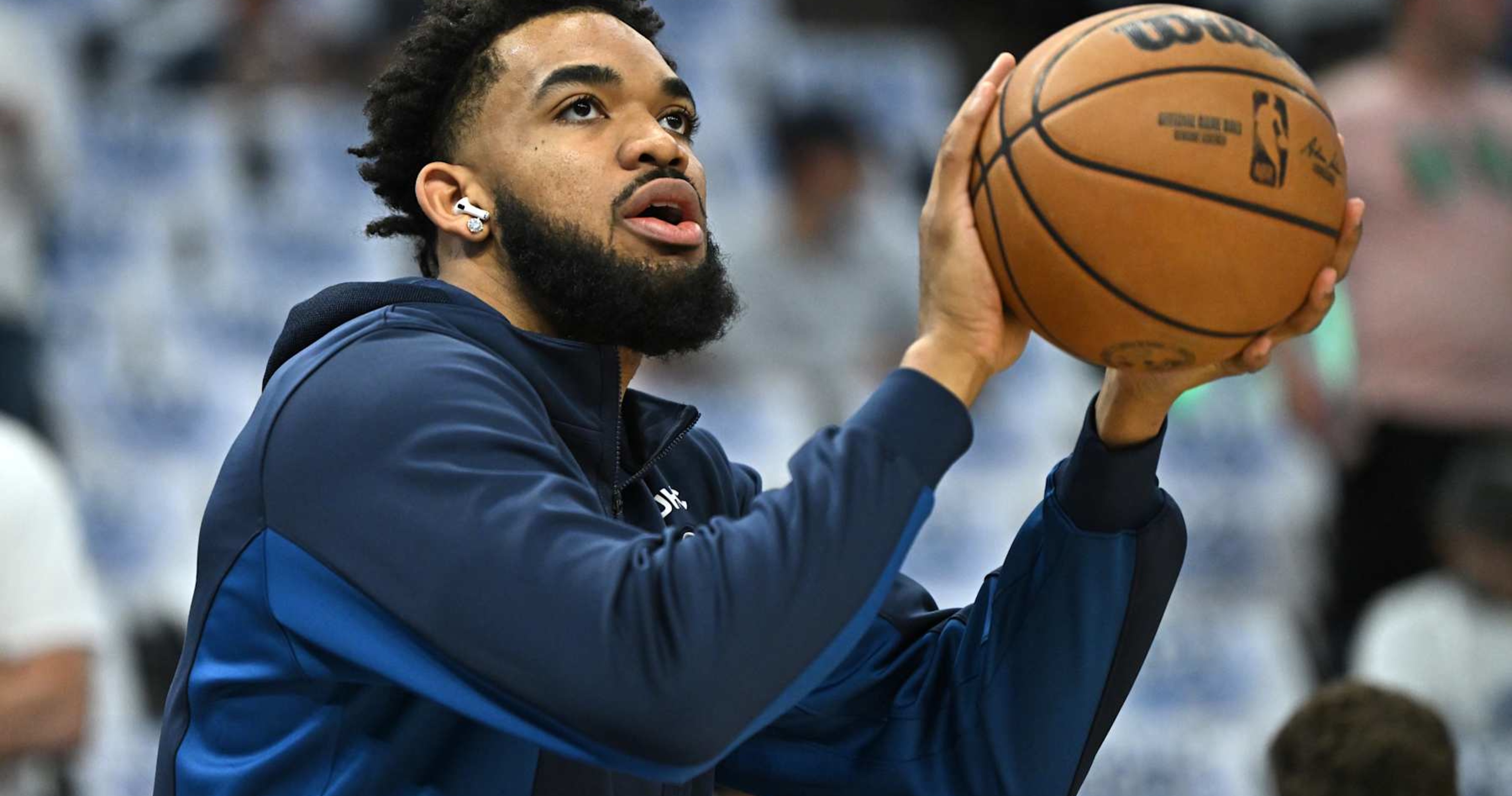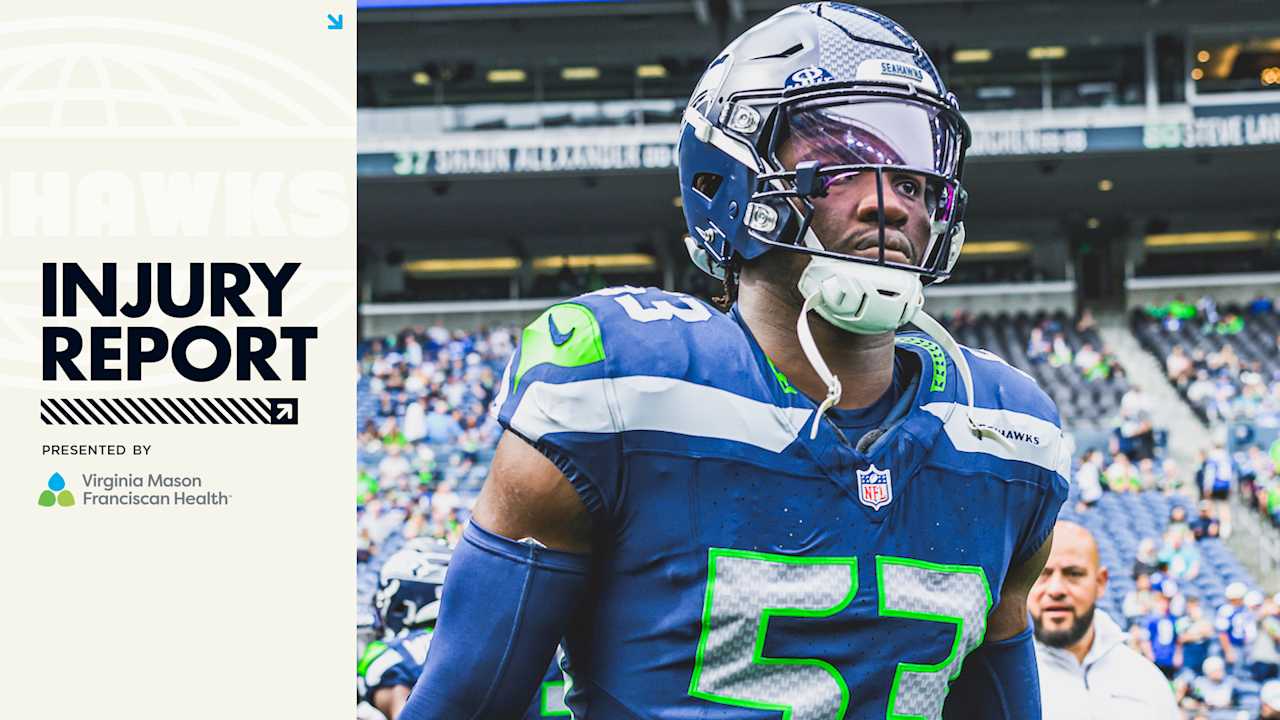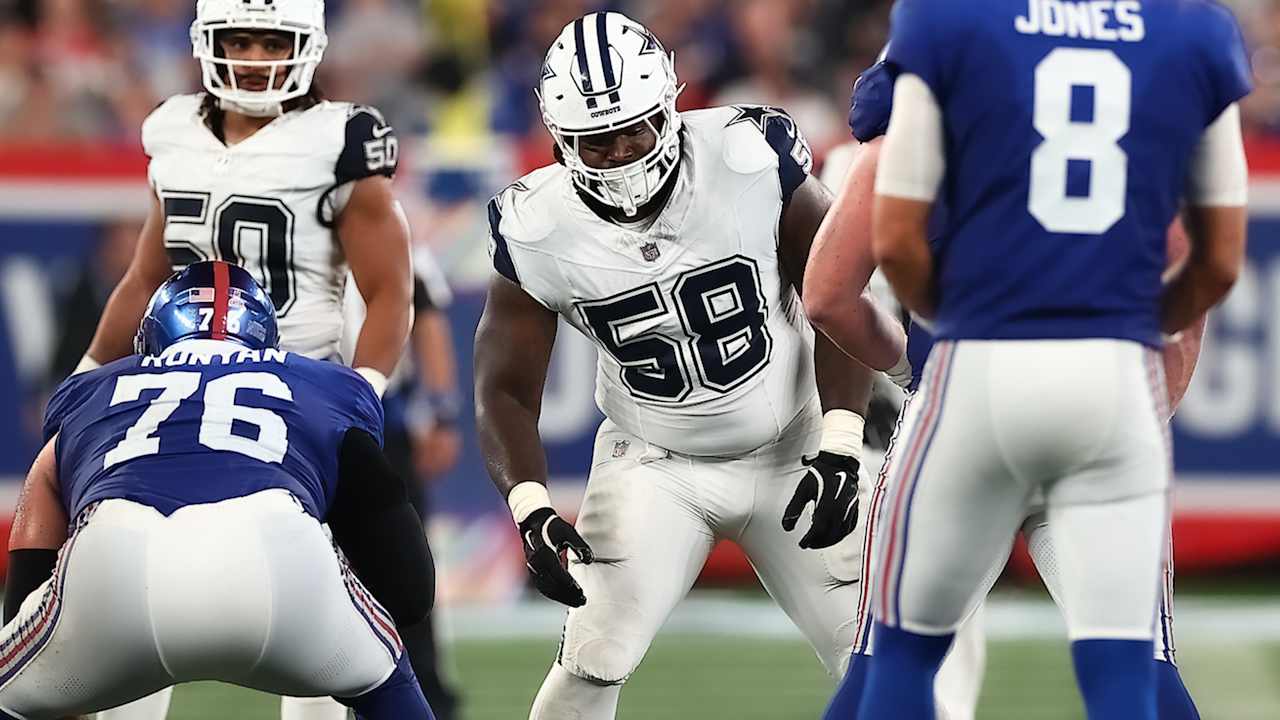NBA
NBA Rumors: Knicks Used CBA Loophole to Complete Karl-Anthony Towns Trade with Wolves

Stephen Maturen/Getty Images
The New York Knicks used some creativity and a loophole in the NBA’s collective bargaining agreement to finalize their trade to acquire Karl-Anthony Towns from the Minnesota Timberwolves.
Since the Knicks are unable to aggregate minimum contracts in trades, The Athletic’s Fred Katz noted they will sign each of DaQuan Jeffries, Charlie Brown Jr. and Duane Washington Jr. to contracts that are $1 above the minimum salary to facilitate the sign-and-trade deal.
Katz did note that the NBA “isn’t thrilled” about the Knicks exploiting a loophole.
Fred Katz @FredKatz
I have heard from various people that the league isn’t thrilled about this — but such is the way it goes with new CBAs. The NBA tries to close up loopholes and then smart people working for teams find new ones. https://t.co/7qfQEujxRi
The Knicks officially announced the trade on Wednesday.
The Knicks were already set to be above the first tax apron for the 2024-25 season prior to adding Towns’ $49.2 million salary.
Under the new NBA collective bargaining agreement, teams become hard-capped at the second apron if they use any portion of the mid-level exception to sign a player; aggregate multiple contracts in a trade for salary-matching purposes; send out cash via trade; or send out a player via sign-and-trade and uses that player’s outgoing salary to take back a contract.
The Knicks managed to remain below the second apron despite taking in more salary by using some financial maneuvering.
Yossi Gozlan @YossiGozlan
The New York Knicks managed to increase their payroll in both the Karl-Anthony Towns and Mikal Bridges trades despite being an apron team.
They did this by inflating their outgoing salary required with every remaining free agent from last year they had some form of Bird rights…
ESPN’s Bobby Marks previously broke down the various ways that the apron rules apply and how teams have to operate under the new restrictions:
Even after adding Towns’ salary to their books for the 2024-25 season, the Knicks remain $3.6 million under the second apron. Teams in the first apron are prohibited from signing bought-out players who were making more than the mid-level exception ($12.8 million) and can’t take back more money than they send out in a trade.
All of this clever maneuvering speaks to how much attention every team has to pay to the apron rules because of how restrictive they are once you get into the second apron.
The Knicks’ ability to maintain some flexibility after acquiring Towns and Mikal Bridges this offseason is a huge coup for the organization. They are looking to improve on their run to the Eastern Conference semifinals last season.










